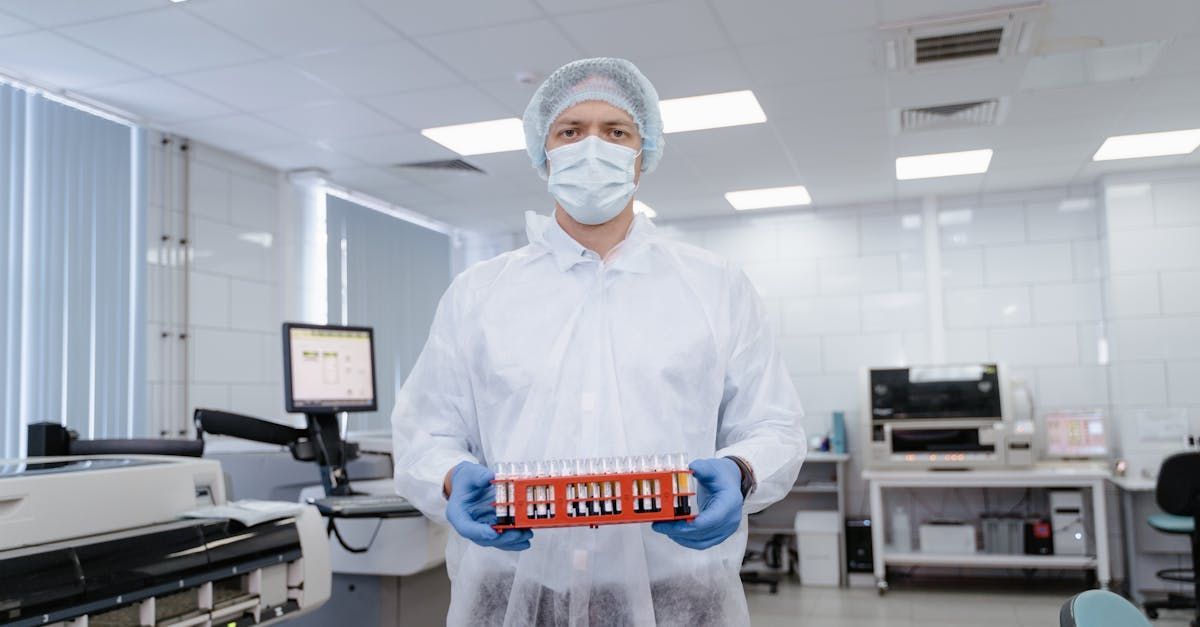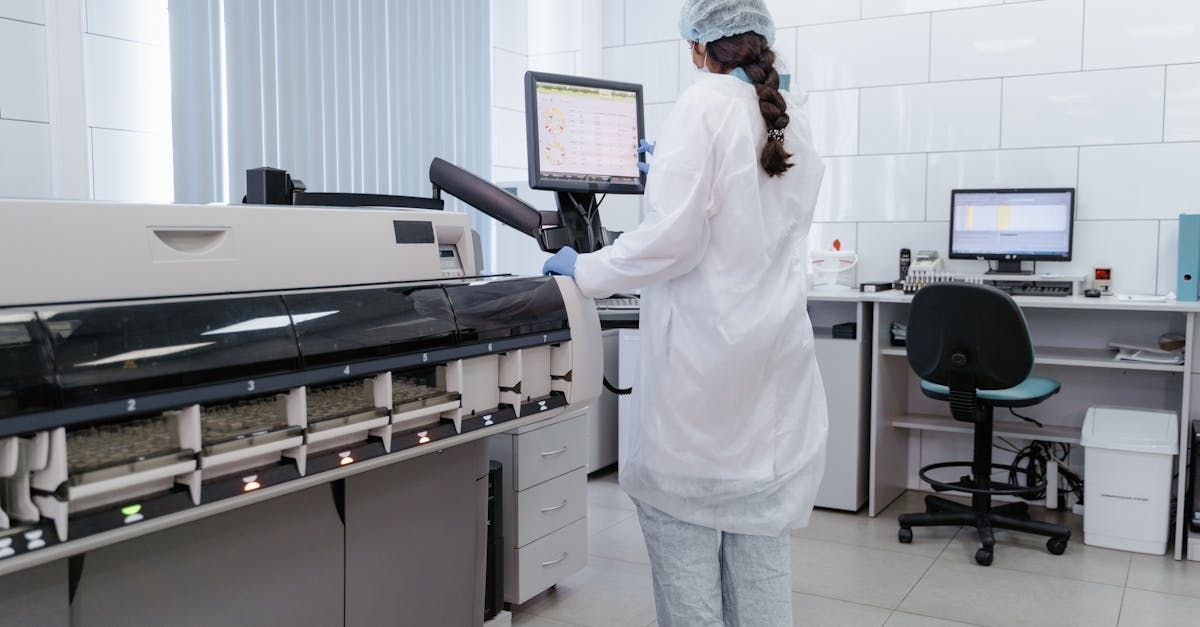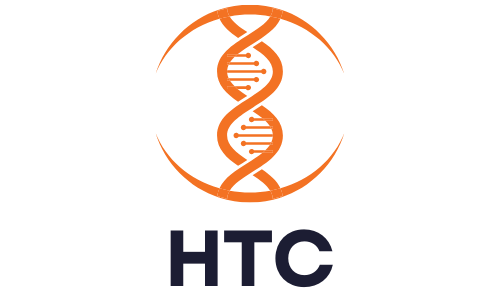Precision Medicine in Childhood Leukemia
Introduction and Thesis Statement
Leukemia is a broad term for cancers of the blood cells that affect the blood and bone marrow. Often, it occurs most in adults older than 55, but it is also the most common cancer in children younger than 15.
According to the American Cancer Society, leukemia accounts for about 28% of all childhood cancers, with approximately 3,500 children diagnosed annually in the United States alone. Thus, childhood leukemia accounts for almost 1 out of 3 cancers in children and teens. Most childhood leukemias are acute and can progress quickly. Therefore, it presents significant treatment obstacles.
While advancements in treatment have significantly improved survival rates for many, rare forms of pediatric leukemia, such as pediatric acute myeloid leukemia (pAML) and juvenile myelomonocytic leukemia (JMML), remain formidable challenges. These aggressive subtypes often come with a poorer prognosis and limited treatment options, leaving families and physicians grappling with uncertainty. However, Notable Labs' precision medicine is revolutionizing rare pediatric leukemia treatment, offering hope for patients with limited options.
Technical Back-Up
Precision medicine refers to a tailored approach to disease treatment and prevention that considers individual variability in genes, environment, and lifestyle for each person.5 Functional precision medicine personalized cancer treatment for children with leukemia by matching them with targeted therapy based on the specific abnormalities driving their cancer. For example, ex vivo drug sensitivity screening (DSS) tests different medications on a blood or bone marrow sample in the lab to find the most effective treatment.
The Leukemia and Lymphoma Society’s AML Master Trial (PedAL) is a global Master Clinical Trial for treating pediatric leukemia. It uses precision medicine and molecular biomarkers to guide treatment choices. The trial aims to match each child with the most effective treatment based on their unique tumor biology. Families can enroll eligible children in a PedAL therapeutic trial or another trial that best meets their needs. This approach is similar to Notable Labs' use of functional precision medicine to identify potential treatments.
Notable's Approach
Notable Labs' diagnostic capabilities are revolutionary in the battle against pediatric leukemia. For instance, a Stanford study found that Notable Labs' drug sensitivity screening platform can identify potentially valuable drugs for patients with leukemia and other cancers. The platform aims to deliver results within 30 days, making timely treatment decisions possible. With a 95% prediction capability, it has the potential to revolutionize leukemia treatment for children.4
Notable Labs has partnered with Texas Children's Cancer Center to study pediatric leukemia treatment. The study uses Notable's predictive technology to predict clinical outcomes for pAML. Dr. Alexandra Stevens presented the findings at the 2021 ASCO Annual Meeting, demonstrating the potential of the ex vivo drug sensitivity assay (DSA) in predicting clinical responses in pAML.
The medical team identified a repurposed adult drug with a high predictive value for this specific patient's leukemia subtype. Thus, the DSA can be a valuable tool for identifying patients who may respond well to particular treatments, potentially leading to more personalized and effective therapies. The study identifies Bortezomib/Panobinostat as a potential novel drug combination for pAML and the ability to identify patient samples insensitive to ADE (Cytarabine, Daunorubicin, and Etoposide) for clinical care.
Dr. Elliott Stieglitz's research at UCSF aims to develop new therapies for JMML, a rare form of pediatric leukemia. The study showed that the Predictive Precision Medicine Platform (PPMP) could identify more effective pre-transplant regimens for JMML treatment. Using PPMP with JMML patient samples, researchers found 27 promising drug combinations for treatment. Notable's platform played a crucial role in identifying novel treatment pathways, showcasing the power of precision diagnostics in guiding research and clinical decisions.
Positive and Negative Predictive Values (PPV and NPV)
Positive and negative predictive values (PPV and NPV) are crucial metrics for evaluating clinical studies. PPV indicates the likelihood that a patient predicted to have a specific subtype of AML by the classifier actually has it. In contrast, NPV shows the possibility that a patient predicted not to have a specific subtype of AML by the classifier indeed does not have it.
For example, the PPV for the mixed-lineage leukemia (MLL) subtype is 79%, meaning that 79% of patients predicted to have this subtype by the classifier do have it. The NPV for this subtype is 97%, indicating that 97% of patients predicted not to have this subtype by the classifier do not have it.
Clinical Response Prediction
The ability of the drug sensitivity assay (DSA) to predict clinical responses in cancer treatment is significant. A recent study aimed to determine if DSA performed on pre-induction pediatric acute myeloid leukemia (pAML) samples could predict clinical responses and identify generic adult drugs, such as Bortezomib/Panobinostat, that could be repurposed to form potent drug combinations. This finding supports using the DSA to guide treatment decisions for pediatric AML patients, potentially leading to more personalized and effective therapies.
AI and Automation in Drug Development
Notable Labs combines artificial intelligence (AI) with an automated lab to determine the most effective drugs or combinations of drugs for specific types of cancers. This approach enables drug companies to recruit suitable patients into clinical trials, accelerating the development process and reducing costs. Notable's clinically validated AI platform rapidly advances cancer drug development at a fraction of traditional costs.
JMML Study and PPMP
A study on juvenile myelomonocytic leukemia (JMML) demonstrated the effectiveness of Notable's Predictive Precision Medicine Platform (PPMP) in forecasting treatment outcomes. The study identified promising pre-hematopoietic stem cell transplant (HSCT) drug combinations and offered a comprehensive database detailing the effects of 130 drug combinations on JMML leukemic cells. This database aims to guide future clinical studies and improve the standard of care for JMML.
Conclusion
Notable Labs' PPMP holds immense promise for improving treatment outcomes in pediatric leukemia. As demonstrated through clinical validation trials, the PPMP's high accuracy in predicting treatment response offers a significant advantage in tailoring therapies to individual patients. The precision medicine approach enables the identification of the most effective treatments, potentially improving outcomes and survival rates for children with leukemia.
Integrating the platform into future cancer care could revolutionize treatment approaches, ushering in a new era of personalized medicine. This vision of functional drug sensitivity testing can potentially transform cancer care, leading to more targeted, effective, and ultimately life-saving therapies.
Key Metrics
- Stanford Study: Validates Notable’s 95% prediction accuracy for effective treatments.
- Survival Rates: Overall survival rates for pediatric leukemia have improved, but challenges remain for rare forms like pAML and JMML.
- Precision Medicine Impact: Notable’s PPMP significantly enhances the ability to tailor therapies to individual patients, improving outcomes and survival rates.
References
- Leukemia—Patient version. Cancer.gov. https://www.cancer.gov/types/leukemia
- Key statistics for childhood leukemia. American Cancer Society. https://www.cancer.org/cancer/types/leukemia-in-children/about/key-statistics.html
- Childhood Acute Myeloid Leukemia Treatment (PDQ®). Cancer.gov. https://www.cancer.gov/types/leukemia/hp/child-aml-treatment-pdq#_873
- Admin, N. Stanford study finds that Notable’s drug sensitivity screening platform can identify potentially useful drugs for MDS patients refractory to standard therapies. https://notablelabs.com/press-articles/stanford-study-finds-that-notables-drug-sensitivity-screening-platform-can-identify-potentially-useful-drugs-for-mds-patients-refractory-to-standard-therapies?highlight=WyJzdGFuZm9yZCJd
- What is precision medicine?: MedlinePlus Genetics. https://medlineplus.gov/genetics/understanding/precisionmedicine/definition/
- Spinner, M. A., Aleshin, A., Santaguida, M. T., Schaffert, S. A., Zehnder, J. L., Patterson, A. S., Gekas, C., Heiser, D., & Greenberg, P. L. Ex vivo drug screening defines novel drug sensitivity patterns for informing personalized therapy in myeloid neoplasms. Blood Advances, 4(12), 2768–2778. https://doi.org/10.1182/bloodadvances.2020001934
- An overview of the BEAT AML® Master Trial: Pioneering treatment options and patient services – Treating blood Cancers. https://treatingbloodcancers.org/e10/
- Strachan, D. C., Gu, C., Kita, R., Richardson, M. A., Anderson, E. K., Gonzalez, A. K., Keogh, N. J., Oviedo, H. H., Alozie, M. C., Rashid, R., Terrell, M., Marcogliese, A. N., Santaguida, M. T., & Stevens, A. M. Ex Vivo Drug Sensitivity Assay Correlates with Clinical Response and Identifies Panobinostat and Bortezomib As a Potential Novel Drug Combination for Pediatric AML. Blood, 138(Supplement 1), 2361. https://doi.org/10.1182/blood-2021-145275
- Stieglitz, E., Gu, C. J., Richardson, M., Kita, R., Santaguida, M. T., Ali, K. A., Strachan, D. C., Dhar, A., Yam, G., Anderson, W., Anderson, E., Hübner, J., Tasian, S. K., Loh, M. L., & Lacher, M. D. Tretinoin enhances the effects of chemotherapy in juvenile myelomonocytic leukemia using an ex vivo drug sensitivity assay. JCO Precision Oncology, 7. https://doi.org/10.1200/po.23.00302
- Obulkasim, A., Katsman-Kuipers, J. E., Verboon, L., Sanders, M., Touw, I., Jongen-Lavrencic, M., Pieters, R., Klusmann, J., Zwaan, C. M., Van Den Heuvel-Eibrink, M. M., & Fornerod, M. Classification of pediatric acute myeloid leukemia based on miRNA expression profiles. Oncotarget, 8(20), 33078–33085. https://doi.org/10.18632/oncotarget.16525
- Notable Labs announces JCO Precision Oncology publication demonstrating PPMP's potential to identify novel drug combinations in JMML. BioSpace. https://www.biospace.com/notable-labs-announces-jco-precision-oncology-publication-demonstrating-ppmp-potential-to-identify-novel-drug-combinations-in-jmml
- Admin, N. Ex vivo drug sensitivity assay correlates with clinical response in pediatric AML. https://www.notablelabs.com/scientific-posters/ex-vivo-drug-sensitivity-assay-correlates-with-clinical-response-in-pediatric-aml
About the Author
Dr. Letsa is a Doctor of Medicine (MD) with over 5 years of experience as a freelance health content and medical writer. He holds course certificates in SEO, email marketing, effective communication, health entrepreneurship, artificial intelligence, and leadership from industry leaders such as Google, McKinsey & Company, ISGlobal, GE Healthcare, EIT Health, and Common Purpose. With his diverse expertise and passion for healthcare, Dr. Letsa creates engaging and informative content that helps educate and empower readers.
Disclaimer
The content of these blogs reflects the research and opinions of the individual authors and does not necessarily represent the views or positions of Notable Labs or its affiliates. The information provided is for educational and informational purposes only and should not be construed as medical, legal, or financial advice.
Notable Labs makes no representations as to the accuracy, completeness, or validity of any information in these blogs and will not be liable for any errors, omissions, or any losses, injuries, or damages arising from their use.
These blogs may reference third-party research, studies, or resources. Notable Labs does not endorse or assume responsibility for the content or practices of these third parties. Any reliance on the information provided is at the reader's own risk.
For biotechnology and pharmaceutical content, note that ongoing research and clinical trials may change the context and results discussed. Always refer to the latest research and guidelines from reputable sources.










